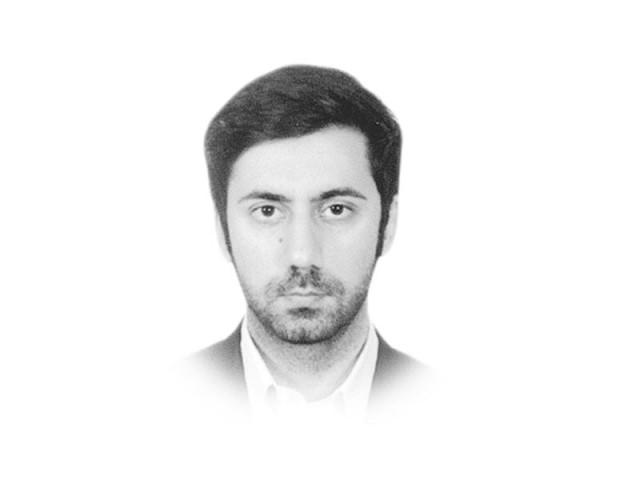Between terrorists and saviours
Social media, contrary to popular belief, has only entrenched the status quo — not challenged it

The writer is pursuing a PhD in Government & Public Policy from the University of Sydney and serving as a Project Director of Peace and Development Unit at the Planning Commission. He tweets @HNadim87
And in the midst of this all, sufferings of the Ismaili community may well be forgotten, with social media and op-ed pages returning to the normalcy of political rhetoric and government-bashing in a few days. Meanwhile, the government quarters following the social media trend after the attack will gauge the response, and depending on the public intensity, will do one of the three: condemn the attack in the strongest words, promise an investigation, form a commission. By now, even the government is aware that the ‘rage’ won’t go beyond social media.
Indeed, gone are the days of revolution. Social media, contrary to popular belief, has only entrenched the status quo — not challenged it, something that even Imran Khan may have come to terms by now. People venting frustration and anger on social media rather than doing any real damage on the ground may well be a blessing in disguise for the establishment. With crisis after crisis, this has become a repetitive, almost monotonous exercise of our ‘activist’ generation, and the response of the government has become equally predictable for the right reasons.
Political leaders lead long marches or will take to the streets for seven months for stolen mandates, something which is yet to be proven, but are absent when it comes to taking the government to task on issues that actually matter — rights of minorities and those of people belonging to certain sects. No ‘change-makers’ or revolutionary leaders are in sight beyond ‘strong’ scripted statements of condemnation when people are dying in the heart of our major cities.
Leaders are leaders, but what about our civil society? Unfortunately, when activism becomes an industry — a platform for our privileged class that has idolised, since infancy, the likes of Che Guevara or Simon Bolivar, to either find solitude in the idea of ‘contributing’ back to society, jumpstart their political and social careers, or even worse, finding shortcuts to becoming international celebrities — the cause is lost.
Protest after protest reveals the same story: a handful of people, truckloads of cameras, and record-breaking tweets. Some may argue that this is bravery. But is it? Bravery would be to stand shoulder to shoulder with the Ahmadis in Pakistan when the police raid their places of worship and houses. There was a time when academic activists like Eqbal Ahmad stood up bravely for Ahmadis. That’s bravery, and sacrifice that never got media attention or a photo session. Ahmad was from that generation of Pakistani activists that could give up the right to a passport, go to jail, and suffer for its principles without caring about the mileage on media.
Today, however, in a society where activism becomes media-driven and borderline populist, we will keep producing revolutionary heroes and saviours who may even be celebrated in history, but little difference would come in the lives of the persecuted sections of the population, which will continue to either suffer or silently leave Pakistan dejected both by the terrorists and the ‘saviours’.
Published in The Express Tribune, May 19th, 2015.
Like Opinion & Editorial on Facebook, follow @ETOpEd on Twitter to receive all updates on all our daily pieces.














COMMENTS
Comments are moderated and generally will be posted if they are on-topic and not abusive.
For more information, please see our Comments FAQ